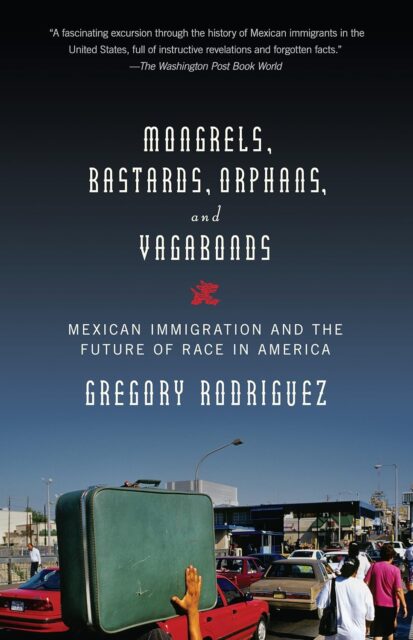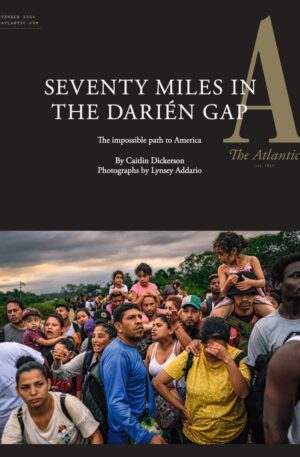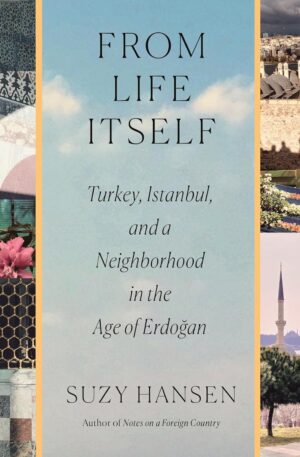Wide-ranging and provocative, Mongrels, Bastards, Orphans, and Vagabonds offers an unprecedented account of the long-term cultural and political influences that Mexican Americans will have on the collective character of our nation.
In considering the largest immigrant group in American history, Gregory Rodriguez examines the complexities of its heritage and of the racial and cultural synthesis—mestizaje—that has defined the Mexican people since the Spanish conquest in the sixteenth century. Rodriguez deftly delineates the effects of mestizaje throughout the centuries, traces the northern movement of this “mongrelization,” explores the emergence of a new Mexican American identity in the 1930s, and analyzes the birth and death of the Chicano movement. Vis-a-vis the present era of Mexican American confidence, he persuasively argues that the rapidly expanding Mexican American integration into the mainstream is changing not only how Americans think about race but how we envision our nation.
Deeply informative—as historically sound as it is anecdotally rich, brilliantly reasoned, and highly thought provoking—Mongrels, Bastards, Orphans, and Vagabonds is a major contribution to the discussion of the cultural and political future of the United States.









